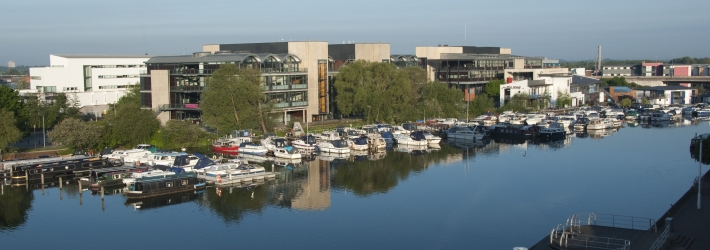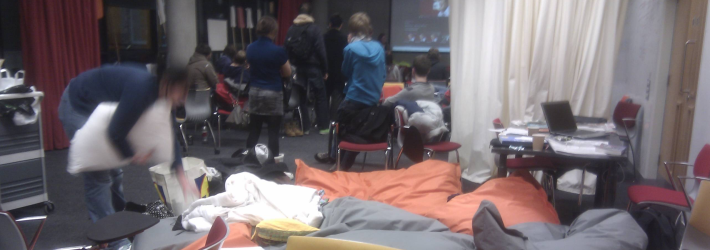Lincoln’s MP Karl McCartney said he did not fear a student backlash when he decided to vote with the government to raise the cap on tuition fees to £9,000.
Even though the MP represents a city with two universities, he says he did not worry about voting against the views of students – saying that he would not “be scared in to voting a different way”.
He added: “I would hope [by the next general election] they would see that I’ve voted in the best interest of the city that I represent.
“I represent all the people in Lincoln… It’s not right that students should expect taxpayers who are taking the economic hits [to pay for their education].”
The vote, which took place in parliament on December 9th, saw 323 MPs vote in favour of raising fees to a maximum of £9,000 and 302 MPs voted against.
McCartney says that he is confident that Lincoln will not be affected by changed to the funding of higher education: “I know how important the university and the college is to Lincoln and the city and to the wellbeing of the city… I’m well aware of the benefits that Lincoln as a city has through having the educational institutions in the city and I wouldn’t like to see that harmed in any way and I don’t think this is.”
However, a report in to the funding changes by the University and College Union (UCU) highlighted the University of Lincoln as being “high risk” and Bishop Grosseteste as “very high risk” saying they would “struggle to survive” along with 47 other universities across England.
Professor Scott Davidson, Deputy Vice Chancellor at the University of Lincoln, rejected this view and declared the report “inaccurate and unhelpful”, saying that the Higher Education Funding Council for England (HEFCE) have said “Lincoln was doing everything right and that we are one of the sounder institutions they are working with”.
Professor Davidson said that the University of Lincoln has had a “consistent stance” about not being in agreement with a rise in tuition fees and is disappointed “that this is a step that the government has seen fit to take”.
Professor Davidson stressed that the University would continue to provide a teaching and learning experience for students, continue to be good employers for our staff, as well continue their commitment to research and keep the investors happy.
The Deputy Vice Chancellor was pleased that McCartney had hope for the future of the university and said that the local MP voting for the rise in tuition fees was a matter of “personal determination” and he recognised that “to be a government rebel is not particularly healthy if you’ve got ambitions within a particular party”.
There have been a number of protests from students and union members which culminated in around 20 people deciding to occupy a room in the University of Lincoln’s Main Admin Building on Wednesday, December 8th.
After hearing the result the group were shocked and have decided to occupy the seminar room indefinitely.
The University has been supportive of their decision to protest and just want to make sure that timetables for other students are not disrupted.
Professor Davidson has sympathises with the protesting students saying: “I’ll think you’ll find quite a lot of the staff at the University were themselves in the 60s and 70s involved in similar kinds of activities.
“We are quite happy to see students exercise their democratic right to protest in this way and I have to say the students who have been in occupation in the Main Administration Building have behaved in an exemplary way, they are making their point extremely well and we are very happy for them to be able to do that.”


Leave a Reply